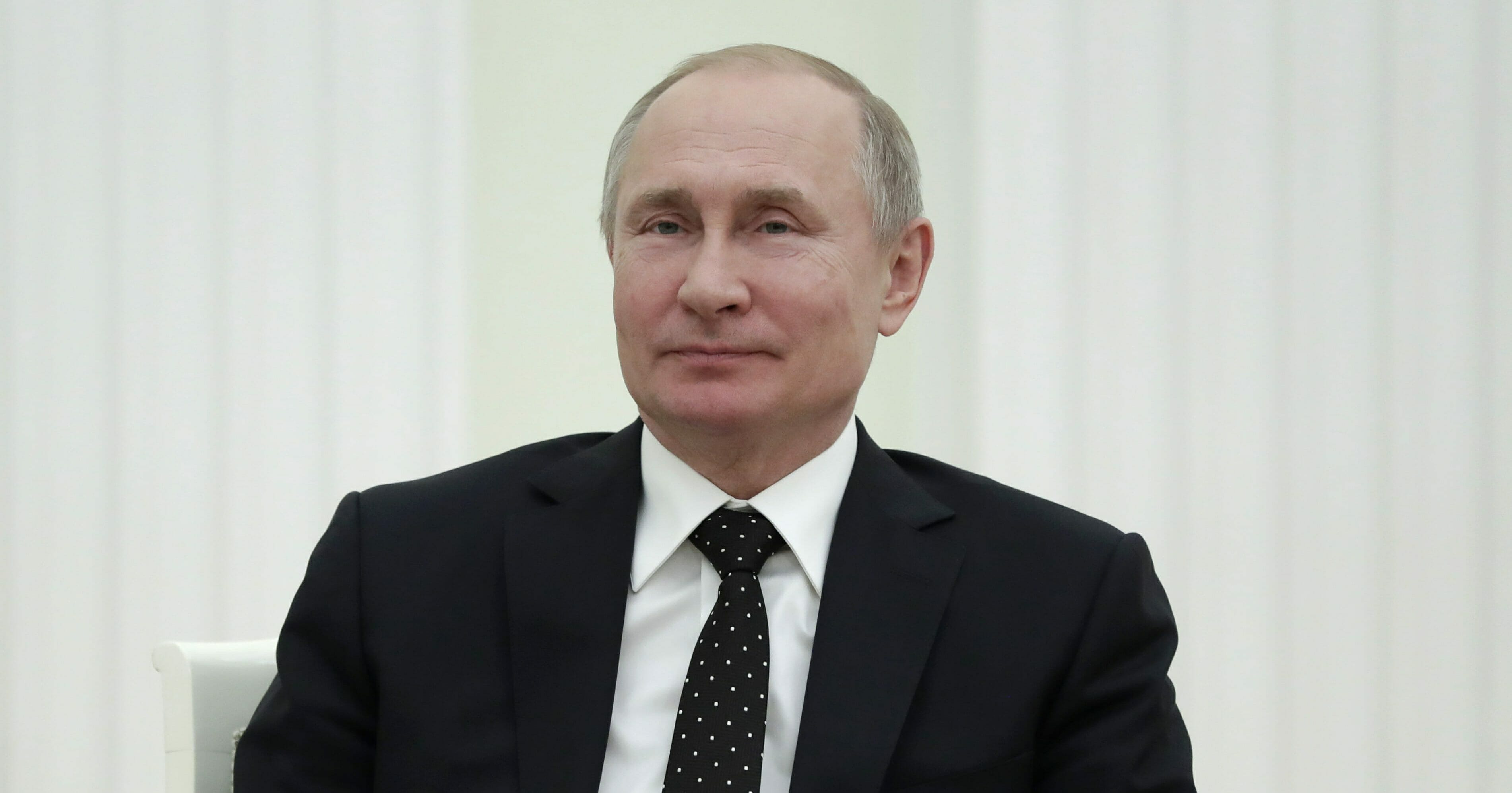
No Free Speech: New Russian Bill Introduces Punishment for Insulting State
Russian lawmakers passed legislation Thursday that imposes restrictions on online media and criminalizes anyone who insults the state.
The bill introduces fines for publishing materials showing disrespect to the state, its symbols and government organs. Repeat offenders could face a 15-day jail sentence.
The Kremlin-controlled lower house, the State Duma, approved the bill in the final, third reading. It also endorsed a separate bill that will block anyone publishing “fake news” online, that is perceived to threaten public health and security.
The bills are expected to quickly pass in the upper house before President Vladimir Putin signs them into laws.
Critics see the legislation as part of Kremlin efforts to stifle criticism and tighten control.
During Thursday’s debates, Communist lawmaker Alexei Kurinnyi warned that the authorities could use the “fake news” bill to punish critics.
Valery Gartung of the Just Russia faction also criticized the legislation, saying its vagueness will open the way for selective interpretation.
The ultranationalist leader Vladimir Zhirinovsky spoke about the need to “fight lies that lead to revolutions and wars,” but added that his faction wouldn’t support what he described as insufficiently prepared legislation.
Communists, the Just Russia and Zhirinovsky’s faction vote along with the Kremlin wishes on key policy issues, so their criticism of the legislation highlights a degree of division.
The bill bans the spread of “unreliable socially-important information” that could “endanger lives and public health, raise the threat of massive violation of public security and order or impede functioning of transport and social infrastructure, energy and communication facilities and banks.”
The bill gives those who publish such information a day to correct or remove it. If they fail to do so, prosecutors will move to block them.
Members of the main Kremlin faction, the United Russia, who drafted the new legislation, argued that they were needed to protect the state.
“There is no talk about censorship,” said Sergei Boyarsky, a deputy head of the Duma’s committee for information policies. “It doesn’t ban criticism of officials or expression of views and opinions that differ from the official line.”
Boyarsky also charged that the bill that criminalizes insulting the state is aimed to protect “society as a whole,” not individual officials or government agencies.
He argued that the bill is needed to block information that could threaten public safety, cause panic and provoke bank runs.
The Western Journal has reviewed this Associated Press story and may have altered it prior to publication to ensure that it meets our editorial standards.
Truth and Accuracy
We are committed to truth and accuracy in all of our journalism. Read our editorial standards.
Advertise with The Western Journal and reach millions of highly engaged readers, while supporting our work. Advertise Today.












